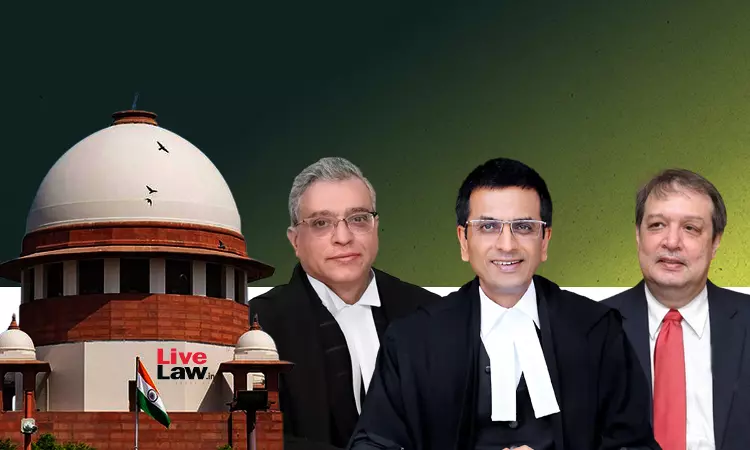Courts Should Not Ordinarily Interfere In Matters Relating To Tender Or Contract: Supreme Court
Pallavi Mishra
25 May 2023 4:28 PM IST

"The courts should not use a magnifying glass while scanning the tenders and make every small mistake appear like a big blunder"
Next Story


